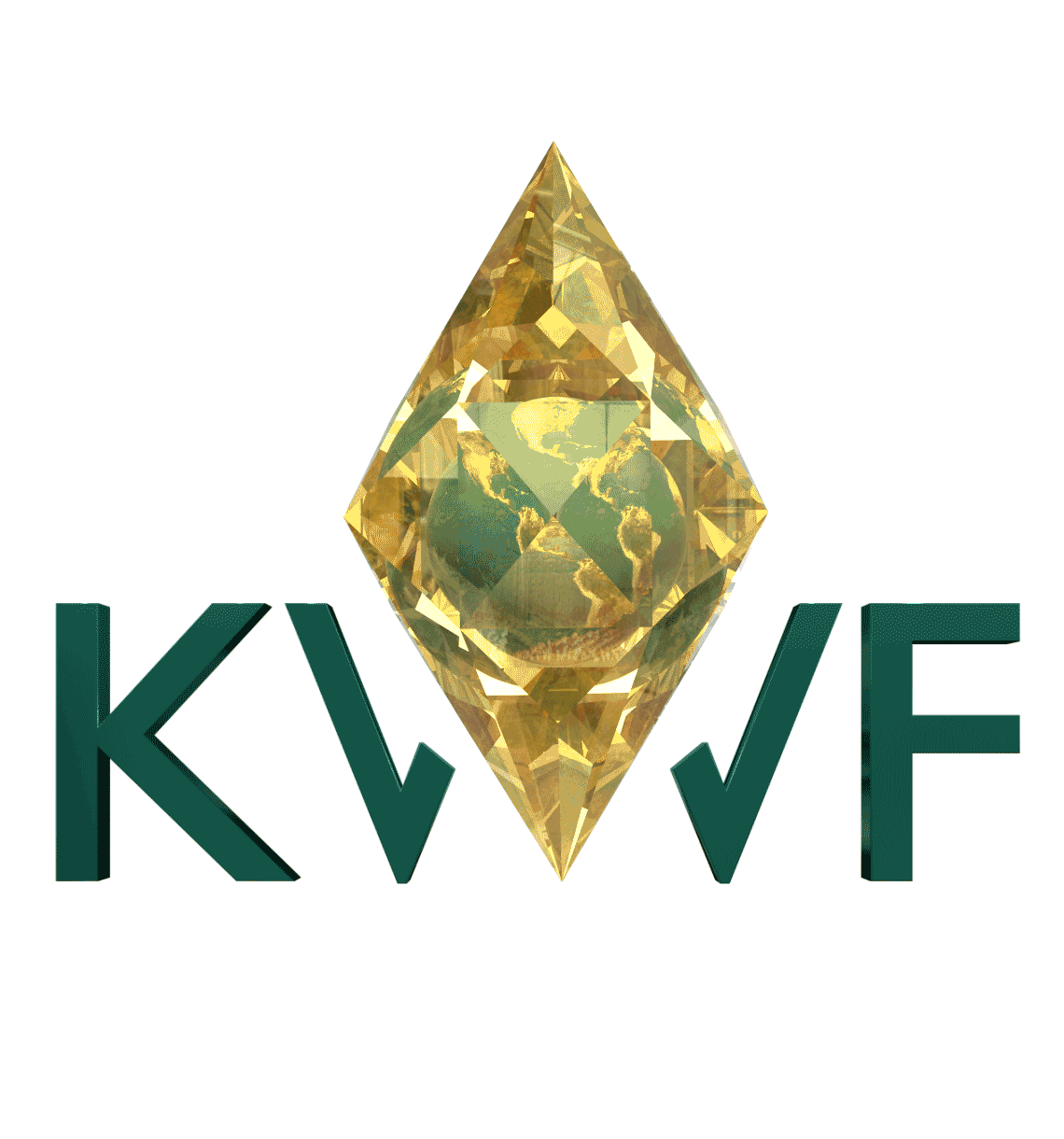As the summer of 2024 draws to a close, Kashmir World Foundation (KwF) proudly reflects on over a decade of its internship program, which has profoundly shaped both the organization and the many talented individuals who have participated. Founded in 2008 by Princess Aliyah Pandolfi (The Princess and the Drone), KwF has emerged as a global leader in developing autonomous systems for wildlife conservation and counter-poaching initiatives. Known for its dedication to advancing STEM education, KwF's unparalleled internship program has welcomed over 1,000 interns from six continents and more than 70 countries, offering diverse and meaningful opportunities that empower conservation efforts and attract motivated individuals worldwide.

Exploring Dynamic Internship Roles
This summer, KwF hosted interns across several key development pathways: the Andromeda Software Development Team, Draco AI Team, Orion App Development Team, Pegasus Eagle Ray UAS Team, Game Development Programming Team, and the 2D/3D Art & Design Team. Each development pathway offered a unique blend of hands-on experience and mentorship, as well as personal and professional growth opportunities.
Draco AI Team: Under the leadership of Daan Eeltinnk, the Draco AI team embarked on two groundbreaking projects this season: the Rainforest AI Initiative and the Purrfect Paws Project. Utilizing 2023 data from Tamandua Biological Station in Costa Rica, the interns collaborated to sort, label, and build an AI model that identifies species captured by camera traps in the Osa Peninsula. This AI model is critical to an ongoing global effort to leverage AI for conservation in remote rainforests.
The Purrfect Paws Project is a pioneering initiative that aims to track individual animals of the same species across multiple images. Although still in its pilot phase, this project has the potential to revolutionize species tracking, offering unprecedented precision in wildlife monitoring for future conservation efforts.
Counter-Poaching Game Development Team: After a 24-month hiatus, KwF officially re-launched its Counter-Poaching Game Development Team headed by James Wyllie. The team achieved significant progress this summer, including the implementation of core controls, player movement, and drone functionalities. Game mechanics were enhanced to allow players to take photos of animals and utilize night vision mode, while 3D modeling advancements focused on the development of sea turtle characters for the beach mission. According to Wyllie, the team’s collective success was due to their ability to prioritize, plan, and delegate tasks effectively.
Pegasus UAS Team: The Pegasus UAS Team focused on designing the planform and airfoils stack for the next-generation Eagle Ray aircraft. Dr. Ronald Pandolfi’s primary goal was to optimize the shape of a 25kg blended wing body (BWB) aircraft, improving efficiency, stability, and payload capacity. In the next phase, the team will enhance control authority using Computational Fluid Dynamics (CFD) and Digital Twin evaluations to refine aircraft maneuverability and mitigate aerodynamic instabilities—advanced tasks that call for aerodynamics and computer science expertise.
Orion App Development Team and Andromeda Software Development Team: Under the leadership of Jeremy Ianne, the Orion App Development Team focused on internal testing and bug fixes for Project Trinity’s mobile and desktop applications, critical tools for snow leopard conservation. The next development phase involves field testing by biologists in the Himalayas, advancing this technology toward practical use in conserving snow leopards and mountain ungulates.
The Andromeda Software Development Team led by Abi Malek completed the design and implementation of the final screens for the desktop application. Currently, they are focused on testing and refining the integration between mobile and desktop platforms—an intricate challenge that promises rewarding outcomes as both teams move closer to field testing and final production rollout phases.
Paving the Way Forward
Rebeca Quirós, founder of Tamandua Biological Station and KwF's Director of Tropical Conservation & Research, is enthusiastic about building upon the successes of the 2024 summer internship season.

Her leadership will shape future projects and scientific expeditions, including the 2025 Rainforest DeepData Expedition to Costa Rica’s Osa Peninsula in partnership with the Tamandua Biological Station. In March 2025, KwF and expedition participants will engage in vital wildlife conservation efforts, collecting data to aid the development of AI models and mobile applications designed for remote rainforest environments.
"My vision is to transform the biological station into an innovation hub for collaborative research with KwF, where scientists and local communities come together to protect endangered species in the Osa Peninsula. By working hand in hand, we can safeguard this critical ecosystem and create sustainable solutions that benefit both wildlife and the people who rely upon it." Stay tuned for updates via kashmirworldfoundation.org and discover how you can be part of this exciting journey.

KwF remains committed to providing impactful opportunities for students throughout their academic and post-graduate careers, while advancing its mission of pioneering cutting-edge autonomous systems for global wildlife conservation and counter-poaching initiatives. We are deeply grateful for the invaluable contributions of this summer’s interns, and look forward to welcoming the next cohort of students as we continue to drive positive change together.


留言